Men are never really willing to die except for the sake of freedom: therefore they do not believe in dying completely
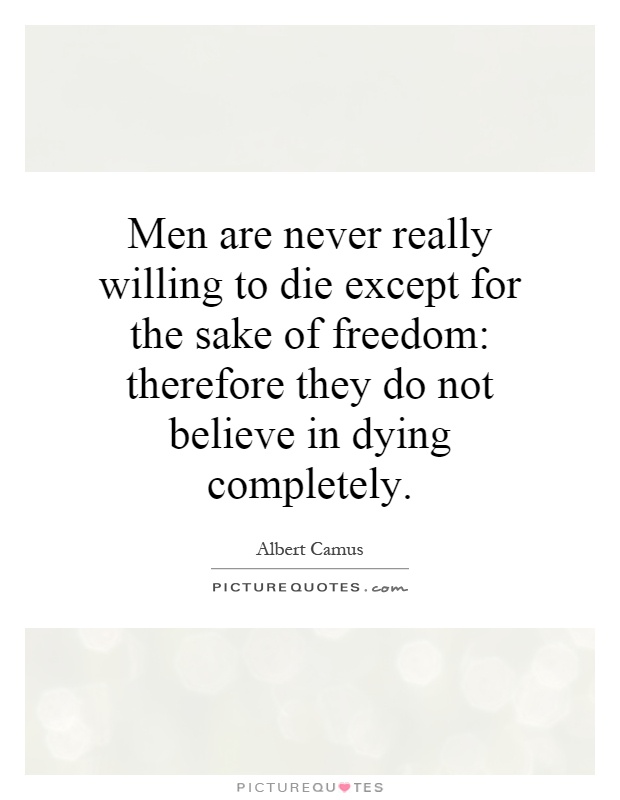
Men are never really willing to die except for the sake of freedom: therefore they do not believe in dying completely
Albert Camus, a French philosopher and writer known for his existentialist views, often explored the themes of freedom, rebellion, and the absurdity of life in his works. In the context of the quote “Men are never really willing to die except for the sake of freedom: therefore they do not believe in dying completely,” Camus’ philosophy can shed light on the complex relationship between death and freedom.Camus believed that the human condition is characterized by the inherent tension between the desire for freedom and the inevitability of death. In his essay “The Myth of Sisyphus,” he famously declared that the only truly philosophical question is whether or not to commit suicide in the face of the absurdity of life. For Camus, the act of rebellion against the absurdity of existence is the ultimate expression of freedom, as it asserts the individual’s autonomy and refusal to be defined by external forces.
In this light, the quote suggests that men are willing to die for the sake of freedom because it represents the ultimate act of defiance against the forces that seek to limit their autonomy. By choosing to sacrifice their lives for a cause greater than themselves, they affirm their belief in the value of freedom and the power of individual agency. However, Camus also suggests that this willingness to die for freedom is not a complete acceptance of death, but rather a refusal to be subjugated by it.





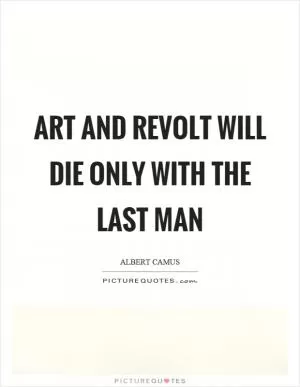

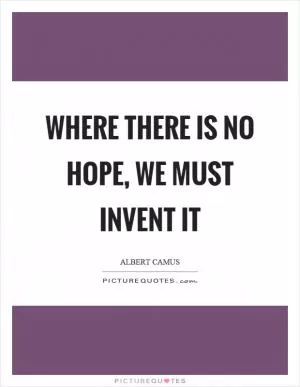

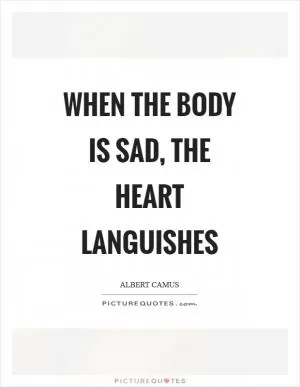

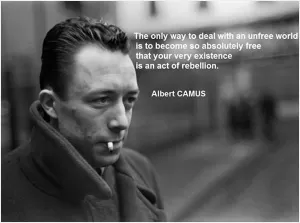
 Friendship Quotes
Friendship Quotes Love Quotes
Love Quotes Life Quotes
Life Quotes Funny Quotes
Funny Quotes Motivational Quotes
Motivational Quotes Inspirational Quotes
Inspirational Quotes